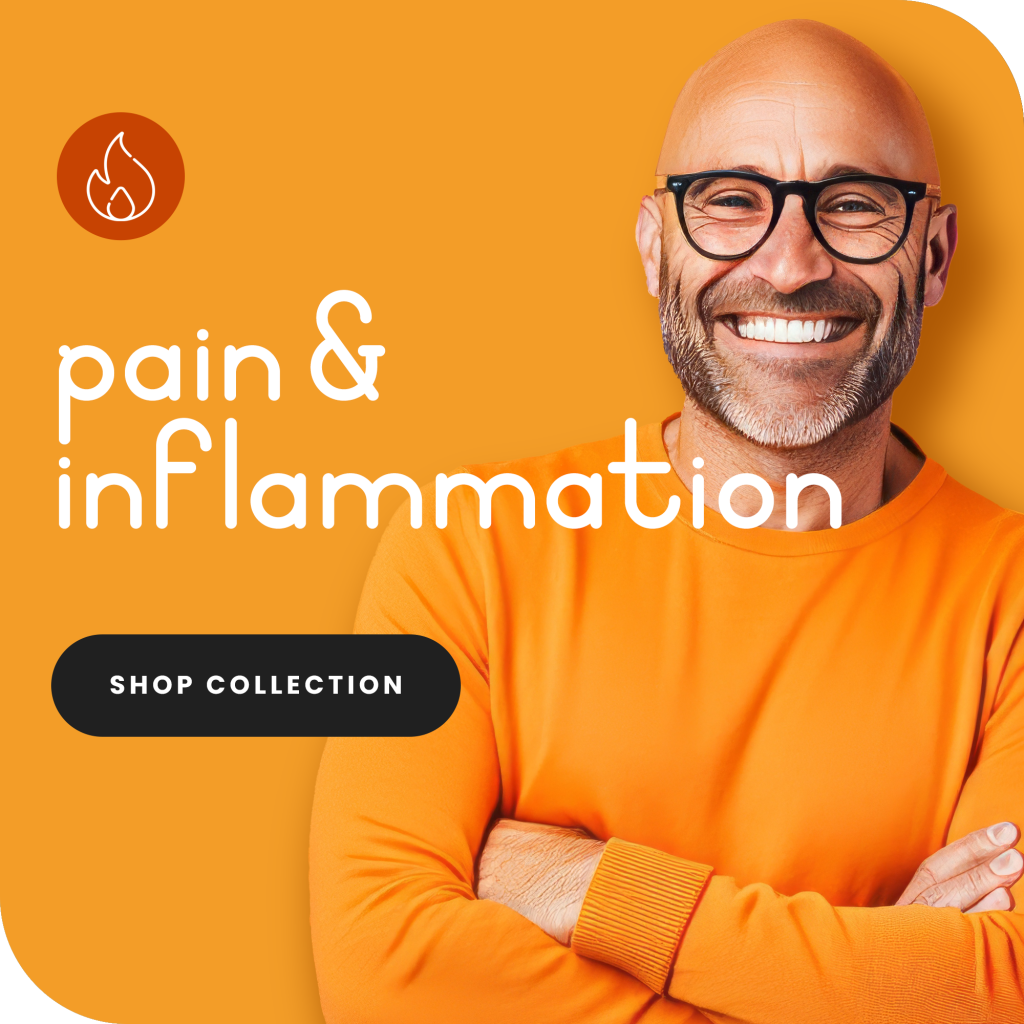Most people with chronic pain have a vitamin D deficiency
The first research paper we look at analyses the correlation between vitamin D deficiency and chronic pain conditions. It’s not just joint pain and bone pain, but also muscle pain and a plethora of other conditions.
Is there a role for vitamin D in the treatment of chronic pain? Kathryn R. Martin and David M. Reid
What did the researchers find? Among Swiss rheumatology patients, 86% were found to have a vitamin D deficiency. A quarter of patients turned out to have a severe deficiency (below 25 nmol/l). Vitamin D levels were even lower among rheumatology patients than among patients with osteoporosis or osteopenia.
The lowest vitamin D levels of all were found in patients with inflammatory arthritis and fibromyalgia.
The vitamin D deficiency statistics for musculoskeletal conditions associated with chronic pain were as follows:
- inflammatory joint diseases/connective tissue diseases, 69%
- soft tissue rheumatism, 77%
- osteoarthritis, 62%
- nonspecific musculoskeletal back pain, 75%
- osteoporosis, 71%
Why does vitamin D deficiency make chronic pain worse?
Our next research paper analyses how this connection between vitamin D deficiency and chronic pain might work.
Vitamin D in Pain Management, by Maria Helde-Frankling and Linda Björkhem-Bergman
Firstly, it confirms that people with low vitamin D levels tend to suffer more pain and use higher doses of painkillers, including opioids. Studies have shown that giving vitamin D supplements to people with vitamin D deficiency does reduce cancer pain and muscle pain. But how does this work?
Vitamin D reduces inflammation by lowering cytokine and prostaglandin levels, the main mediators of pain. New research suggests it inhibits Prostaglandin E2 in particular, which may explain its pain-relief effects.
Who does this apply to? People with very low vitamin D levels (below 30 nmol/L) are most likely to benefit from vitamin D supplements to reduce pain. People with higher levels (above 50 nmol/L) have less noticeable benefits.
How to fix the problem with vitamin D supplements
The last research paper we look at summarises what happened when 1,780 people with chronic pain took vitamin D supplements.
In this meta-analysis, researchers reviewed 19 randomised controlled trials (RCTs) involving 3,436 participants. Of these, 1,780 were given vitamin D supplements, and 1,656 received a placebo. In 8 trials (with 1,222 participants on vitamin D and 1,235 on placebo), people taking vitamin D showed a greater reduction in pain compared to the placebo group.
For thousands of people with chronic pain, a significantly greater decrease in pain score was observed with vitamin D supplementation than in people given a placebo.
The difference in pain scores was statistically significant – a 57% difference on average. These results strongly suggest that vitamin D supplementation could help people with chronic pain.
How can I boost my vitamin D levels?
To boost your vitamin D levels, spend more time in sunlight, especially during midday, as your skin produces vitamin D when exposed to UVB rays.
Aim for about 10-30 minutes of sun exposure each day, though you will need more if you have dark skin, and during winter.
You can also increase your intake of vitamin D-rich foods, such as fatty fish (like salmon and mackerel), fortified foods (such as milk and cereals), and egg yolks.
You may want to take a vitamin D supplement as well, especially if you have limited sun exposure. The correct daily dose is 4000 UI for most ages of adults.
Other factors that may worsen chronic pain
Vitamin D deficiency isn’t the only factor that researchers have found can worsen chronic pain. If any of these other situations may apply to you, consider making lifestyle changes or discussing them with your doctor.
- Low levels of vitamins A and C: Inadequate levels of vitamins A and C may be linked to chronic pain.
- Mild deficiency in selenium, zinc or flavanols: These nutrients may also be linked to chronic pain.
- Being underweight or overweight: Being underweight may be linked to an increased prevalence of chronic pain. Being overweight or obese has also been connected with an increased prevalence of chronic pain. To improve outcomes for chronic pain, nutrition that supports a normal body mass index (BMI) may be important.
- Lack of exercise or lack of sunshine: It’s not known if these are connected, but people who exercise less or get less sunshine are more likely to have vitamin D deficiency.
- Medications: Medicines including anticonvulsants and steroids, which are commonly used to treat chronic pain, can reduce vitamin D levels. This can lead to a vicious cycle of dependency on painkillers.
- Liver or renal disease: These conditions can reduce the body’s ability to metabolise vitamin D, creating or worsening chronic pain.









